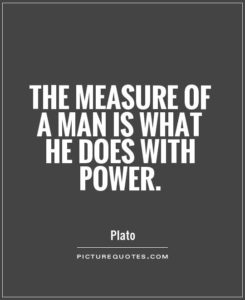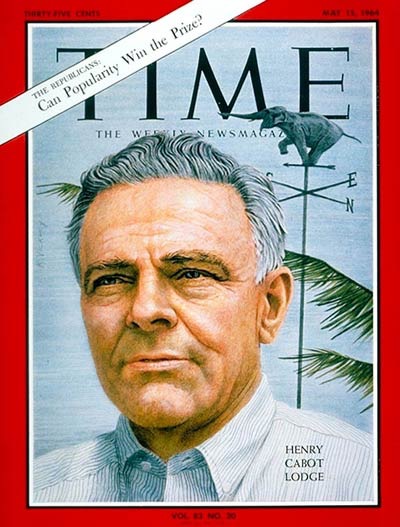Government is not reason; it is not eloquence; it is force. Like fire, it is a dangerous servant and a fearful master.” ~ George Washington
As we near another election and grapple with the very threats to our democracy Washington’s words once again burn my ears with the truth they tell and prompt me to another sober reflection on the subject of power.
- What is it?
- How should it be exercised?
- Who should possess it?
Life has taught me to critique myself first, to search out my own heart, examine my own conscience.
How has the quest for power possessed me?
As a kid I resisted anything that made me feel less powerful. I wanted more power, never less.
As a young man power was something to be accumulated, like real estate. When I drank I often had the illusion of having claimed more real estate, only to awaken the next day and discover I didn’t even possess the real estate between my own ears.
Now, we are witnessing in our country those who seek to hinder the true transfer of power choosing to manipulate the way we choose our leaders so as to replace one set of ideals to another; one world view with another, one set of expectations for another.
This question of power has erupted with renewed vigor at dinner tables across America. Where some are throwing up their hands elation others in horror.
or elation, but either way wondering where things are headed. The contrast in the understanding of power between our incoming and outgoing presidents could not be more stark.
Forty years ago I got a great lesson from someone who knew a thing or two about power.
I had the opportunity to participate in an interview with Henry Cabot Lodge.
- A Republican Senator from Massachusetts and a nominee for vice president in the 1960 presidential election, he served as U.S. ambassador to the United Nations, South Vietnam, West Germany, and the Holy See.
- Ambassador Lodge persuaded Dwight Eisenhower to run for President in 1952.
- He suggested to General George Marshall the initial outline of European recovery after World War II which later became the Marshall Plan.
- Lodge’s grandfather was President Theodore Roosevelt’s close friend and adviser. As a U.S. senator, he was responsible for shepherding the Panama Canal legislation through the Senate, and the one who blocked the U.S. from joining the League of Nations after World War I.
Ambassador Lodge enjoyed a ringside seat to how power had been wielded at critical times in our nation’s history. Who better to render an informed opinion?
During the interview I asked him what his experience had taught him about power. Politics quickly gave way to perspective and a rather remarkable reflection. He paused and closed his eyes, then proffered that we could do no better than take our clues from our first president. He said that George Washington knew better than anyone the ephemeral nature of power. Washington understood that if one becomes attached to power, then power can become a crucifix on which one is crucified. Power, Washington believed, could really only be borrowed for a short time to accomplish a specific task.
He went on to recount how Washington always walked away from power:
- From command of the Continental Army,
- From the opportunity to be named king,
- From the presidency itself.
Washington saw power as simply a means to an end. After the Revolutionary War he relinquished the power he’d borrowed. After he served as president he let go of power he had only borrowed.
What a priceless lesson. True power, real power, powerful power is only a borrowed instrument, never to be possessed.
It’s true: You only get to keep what you give away.
Would that the current occupant of the White House practice the teaching of the first.
“Beware how you trifle with your marvelous inheritance, this great land of ordered liberty…” ~ Henry Cabot Lodge
Just a Thought…
Pat
If you would like to submit a post to Just A Thought, please contact Marsha at mhahn013@sbcglobal.net.
Copyright © 2017 Patrick J. Moriarty. All Rights Reserved.



